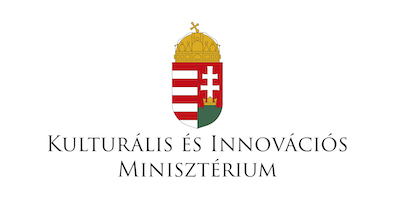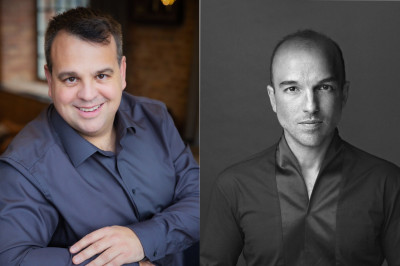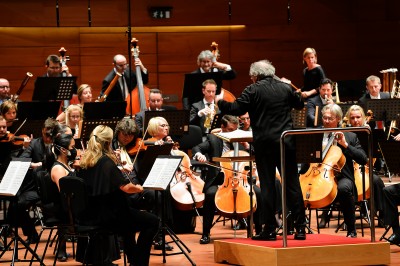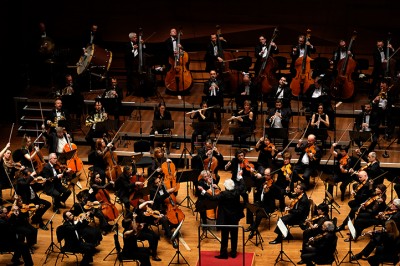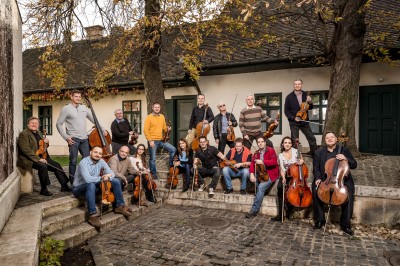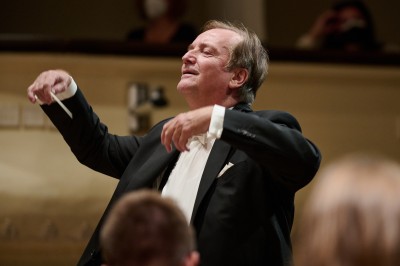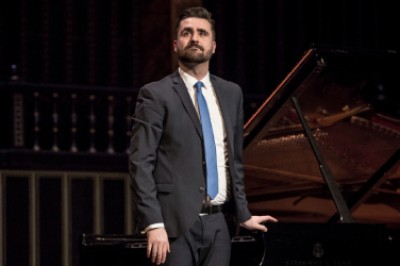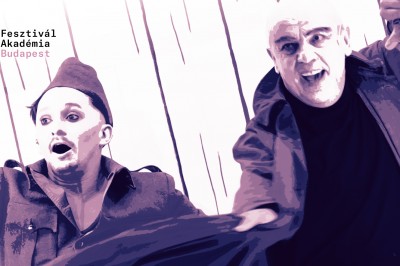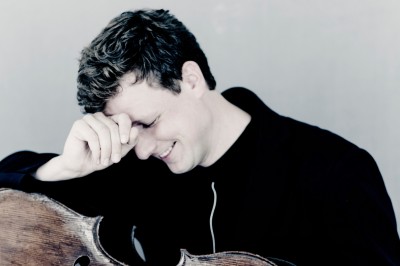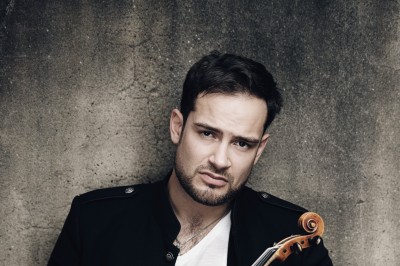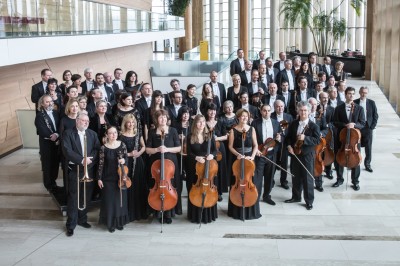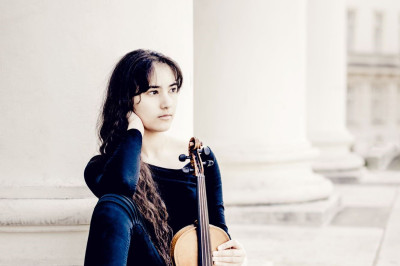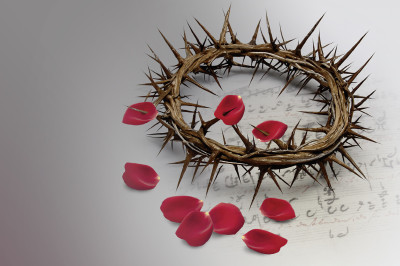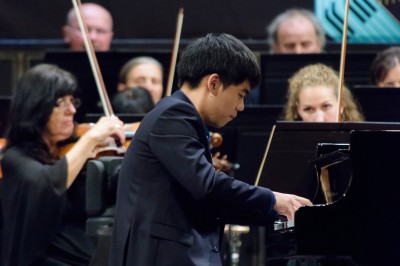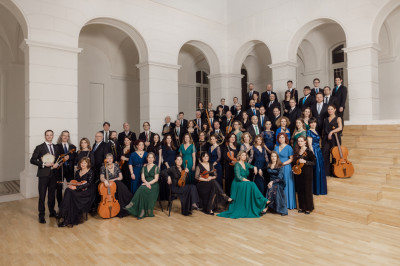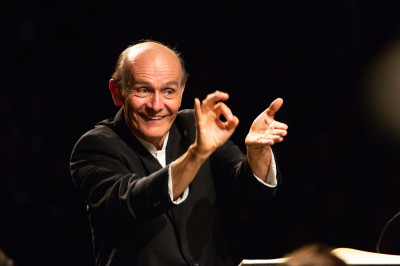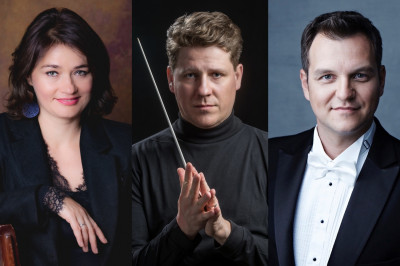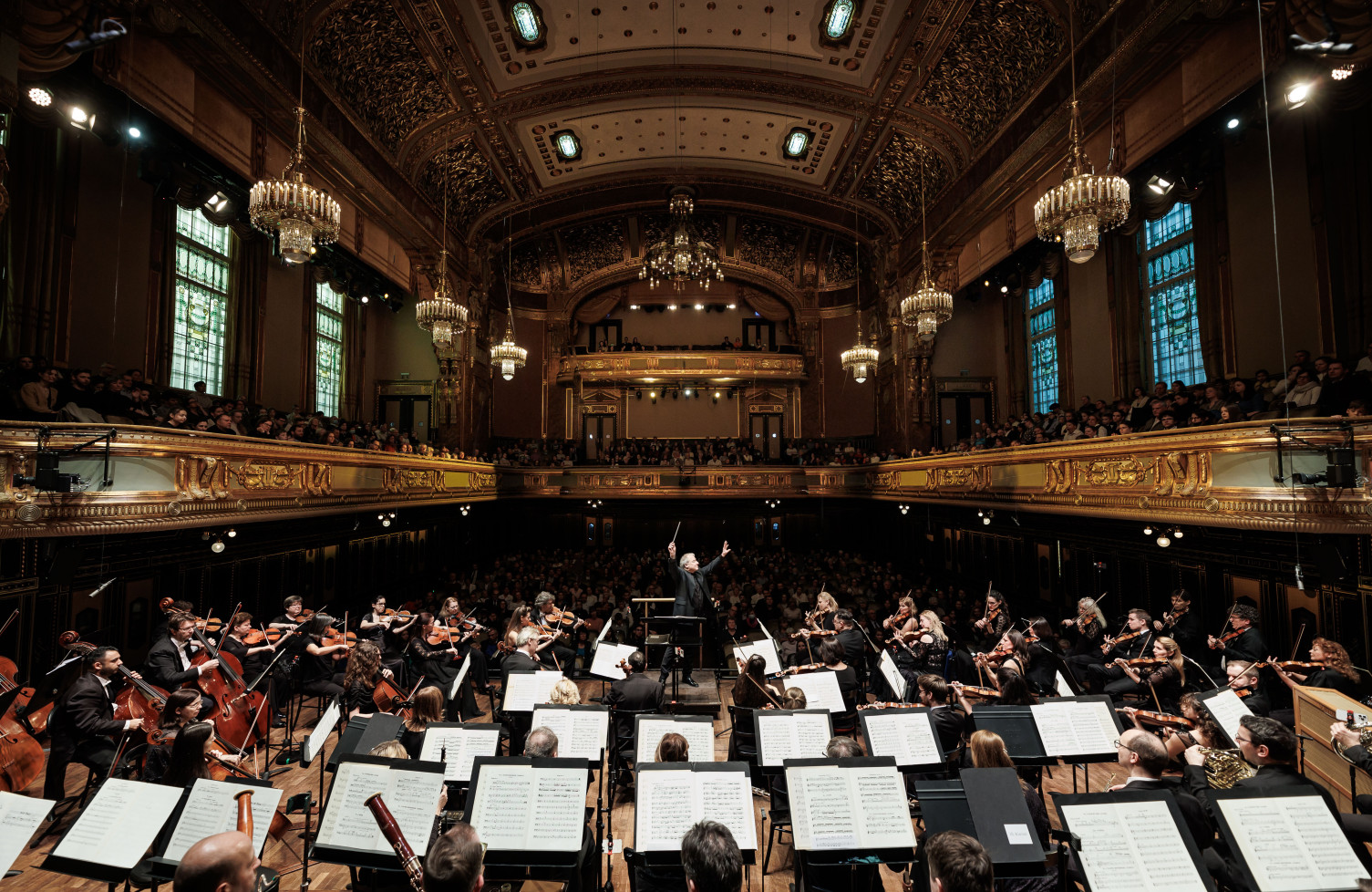
Tickets and season passes are available at the Filharmonia Hungary office in Szeged (6720 Szeged, Klauzál Square 7), at Ticket Express offices, and online at www.jegymester.hu.
Ticket discounts:
We offer a 10% discount for students and pensioners.
Filharmonia Hungary season ticket holders can purchase tickets with a 20% discount by showing their season tickets! The discount can be applied to one ticket per concert per subscription.
Individual discounts cannot be combined!
We reserve the right to change the programmes, dates, venues, and performances, and ticket prices may change accordingly.
What connects Brahms and Bartók?
Beyond the letter “B,” they are united by seriousness, a deep respect for tradition, a commitment to developing their national music, the pursuit of noble artistic expression, and a lifelong search for their place in the world. This concert features two major works, each of which was groundbreaking in its own time. Bartók’s Piano Concerto No. 1 was a bold and innovative composition, so demanding for both the soloist and the orchestra that even Bartók himself felt the need for restraint when composing his Second Piano Concerto. For Brahms, the future of the symphony as a genre was a central question throughout his life. Unlike many of his contemporaries, he sought to preserve the symphony from becoming program music, believing in the integrity of pure musical form. For this, he was often labeled old-fashioned. His Fourth – and final – Symphony is both a nostalgic glance back to earlier times and a forward-looking statement affirming the enduring values of tradition. Brahms’s contemplative musical testament had a lasting influence, remaining a benchmark for decades after its creation. András Keller, a dedicated interpreter of Bartók and the great Romantics, leads Concerto Budapest, an orchestra long known for its profound and thought-provoking programming on the Hungarian concert scene.
Now, they’re coming to you. We hope you’ll join them!
Concerto Budapest
Dénes Várjon - piano
András Keller - conductor
PROGRAMME:
Bartók: Piano Concerto No.1
Brahms: Symphonie in E minor No.4



